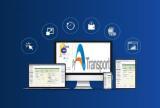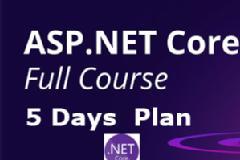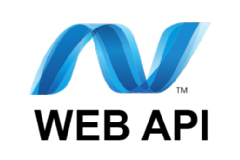Course on C# .NET would typically cover the following topics:
-
Introduction to C# .NET: The course would start with an introduction to the C# programming language and the .NET Framework.
-
Data types and Variables: Next, the course would cover the different data types in C# .NET, such as integers, floating-point numbers, characters, and strings. Students would learn how to declare and initialize variables of different types.
-
Control Structures: The course would cover the basic control structures in C# .NET, such as if-else statements, loops, and switch statements.
-
Arrays and Collections: Students would learn how to create and manipulate arrays and collections in C# .NET.
-
Methods: The course would cover the concept of methods in C# .NET, how to declare and define methods, and how to call them from within other methods.
-
Object-Oriented Programming: The course would cover the fundamentals of object-oriented programming (OOP) in C# .NET, including classes, objects, inheritance, encapsulation, and polymorphism.
-
Exception Handling: The course would cover how to handle exceptions in C# .NET, how to use try-catch blocks, and how to create custom exceptions.
-
File Input/Output: The course would cover file input/output operations in C# .NET, how to read and write files using streams and file handling classes.
-
Windows Forms: Students would learn how to create GUI applications using Windows Forms in C# .NET. They would learn how to create controls, handle events, and work with different layout options.
-
Database Connectivity: The course would cover how to connect to databases in C# .NET, how to execute SQL commands, and how to retrieve and manipulate data using ADO.NET.
-
Web Applications: The course may cover how to create web applications using ASP.NET, how to work with web controls, and how to handle user input.
In addition to the theoretical concepts, the course would also include practical exercises and programming assignments to help students apply the concepts learned in class. The course may also include project work where students can apply their C# .NET programming skills to develop a real-world application.







